The University of Minnesota’s Multiracial Student Union kicked off its month of Recognizing Our Origins and Transracial Stories, or ROOTS, with its career question-and-answer workshop on Friday.
ROOTS is an event series to explore the multifaceted impact of racial identity on academics, community and personal life, according to MRSU President Gabrielle Denniston.
ROOTS also focuses on the multiracial, multiethnic and transracial adoptee experiences for students. A transracial adoptee is a person who has been adopted by parents of a different race or ethnicity than their own.
The series’ goal is to support students with intersectional identities to foster a sense of community and cultural collaboration, according to Denniston.
The series includes two more events for the month. MRSU x Bridges to Belonging discussion on April 11, an event telling the stories of multiracial students and transracial adoptees and the GrassROOTS event on April 18, an event to embrace cultural pride with activities and games.
Alexander Hines, Director of Justice, Equity, Diversity and Inclusion for the University’s Rev. Dr. Martin Luther King Jr. Program, was a guest speaker and panelist for the event. Other panelists included Dr. Aerial Ashlee, PhD student Nicole Quintus, graduate student Ross Armant and dancer and pre-physician assistant Nailah Abdullah. Another panel featured MRSU members.
Denniston said her vision for MRSU is to provide a space for transracial adoptees and multi-ethnic students to be able to collaborate and show that there is space for different cultures to coexist within a large university.
“We want to be able to show that there are beautiful cultural similarities between different groups because collabs already do happen and it’s amazing to see that they are happening,” Denniston said.
Although not a transracial adoptee herself, Denniston said she knows transracial adoptees do not always have a chance to grow up directly with their own cultures, which can cause cultural division later in their lives.
For Denniston, having roots not only means learning about her own origins, but also learning about where other people come from.
“Whether it is freshly grounded or hundreds of years where they’ve been in contact with their own cultures, it’s beautiful to see the diversity that’s within each of those spheres,” Denniston said.
Hines, who is a transracial adoptee, said being a transracial adoptee comes with trauma, emphasizing the importance of providing students with the information to become leaders.
According to Hines, teaching students about various leadership styles can help them understand group dynamics, form coalitions and build movements among peers of different races, ethnicities, cultures and perspectives.
MRSU Vice President Elliot Breazile, who uses they/them pronouns, said ROOTS shows students that their journey through college has been a lot more than school. Breazile added they are establishing themself within a community where they can help other multiracial people find who they are in a professional sense.
According to Breazile, the goal of the workshop event was to help people get connected more with research to show them the world is bigger than just school, and everyone deserves a chance to reach for opportunities at the University.
Breazile said they believe that ROOTS is not represented enough on campus and that multiracial students are used as diversity markers for the campus to say they have diverse students on campus.
“We’re more than just our ethnicities and where we come from, we’re our careers, the paths that we’re making for ourselves, the connections we make with one another,” Breazile said. “We’re so much more than that.”


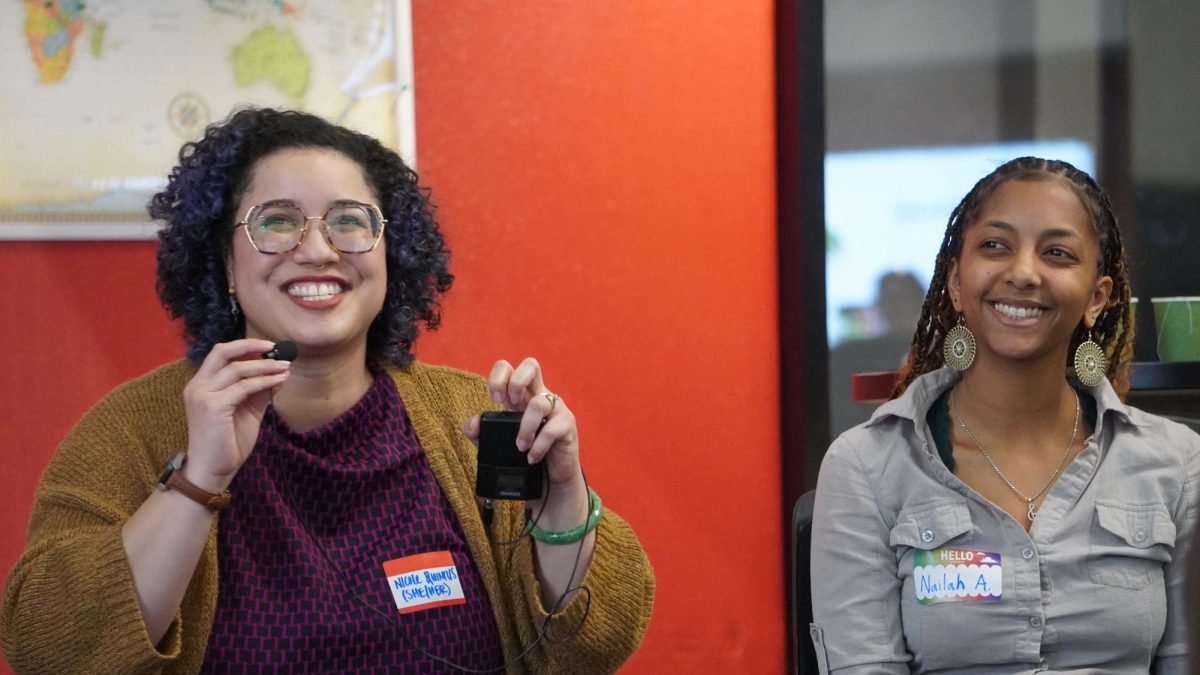

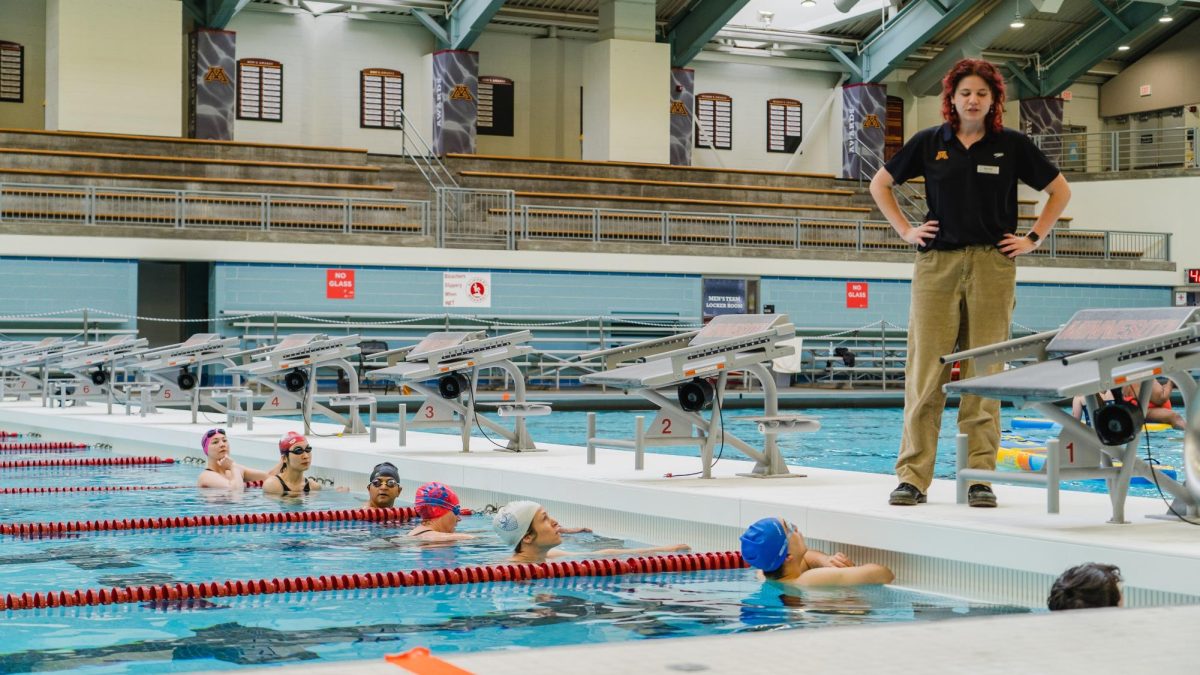
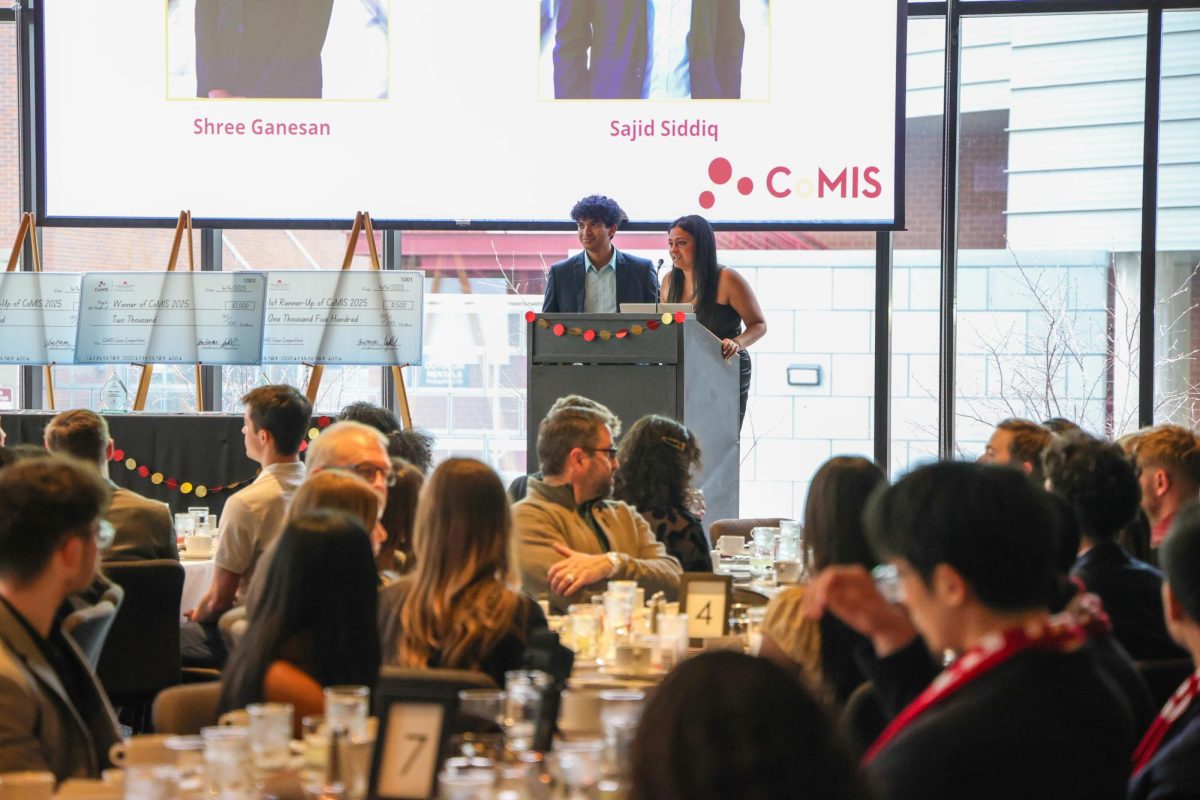
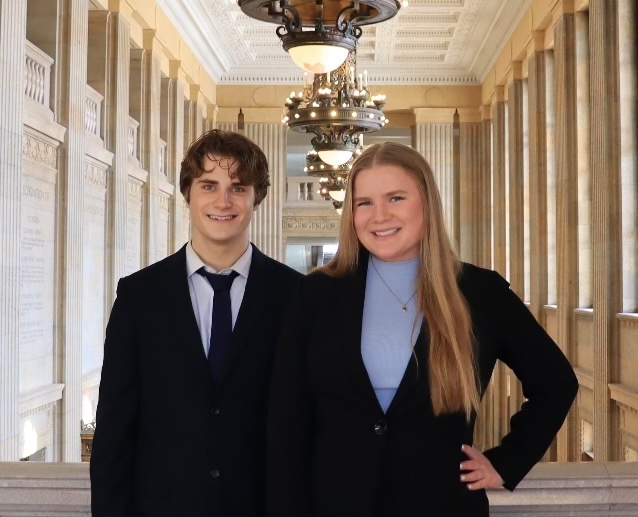
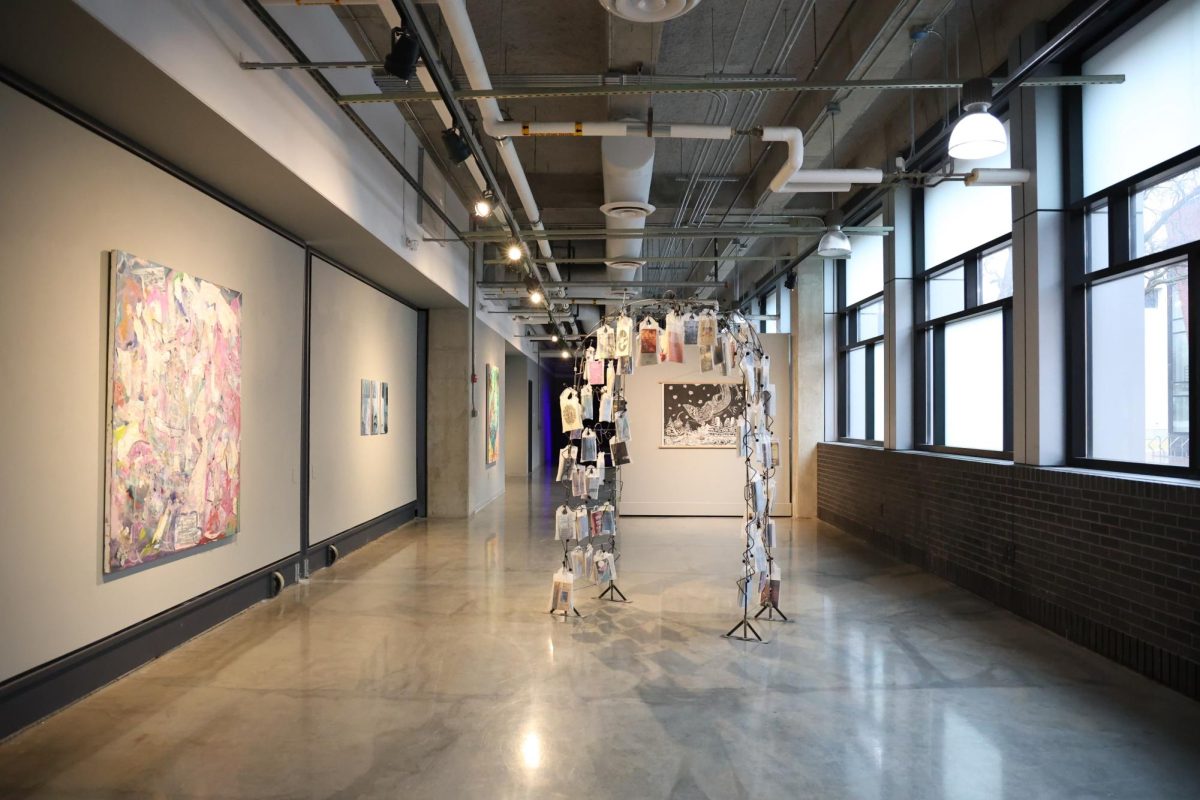
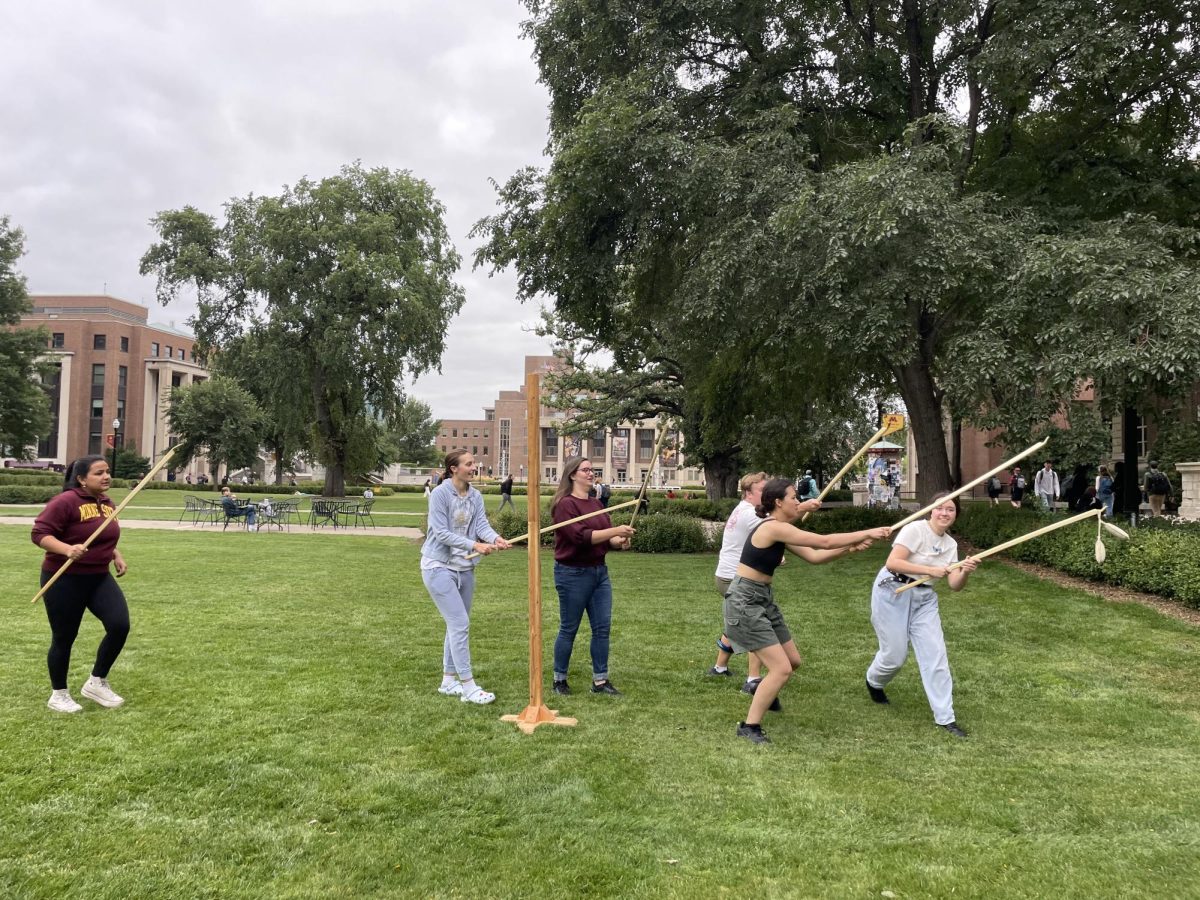
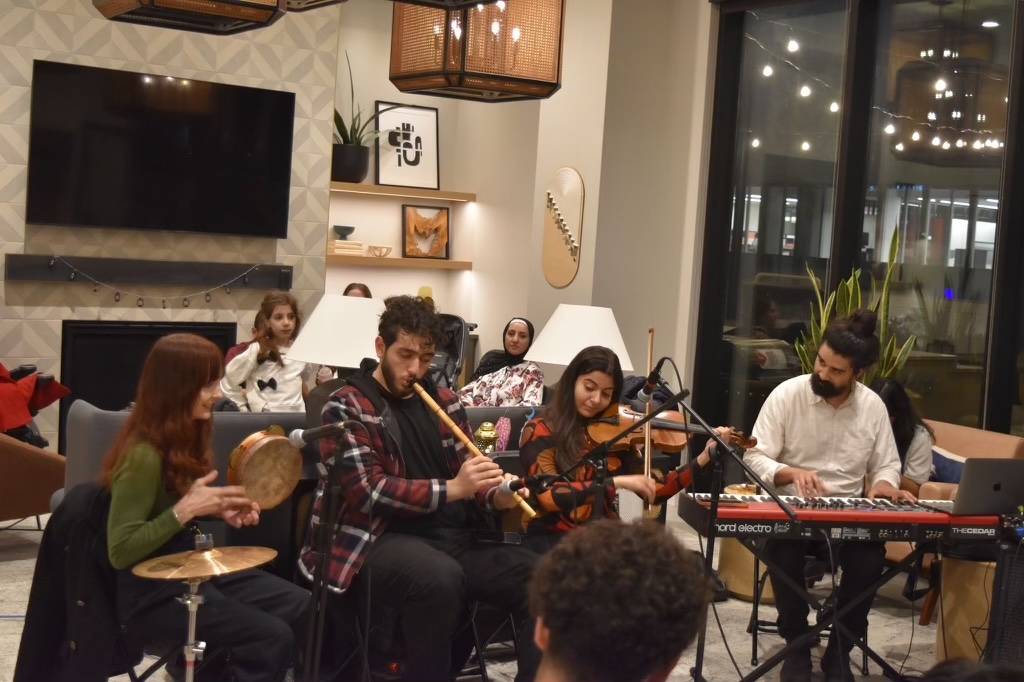
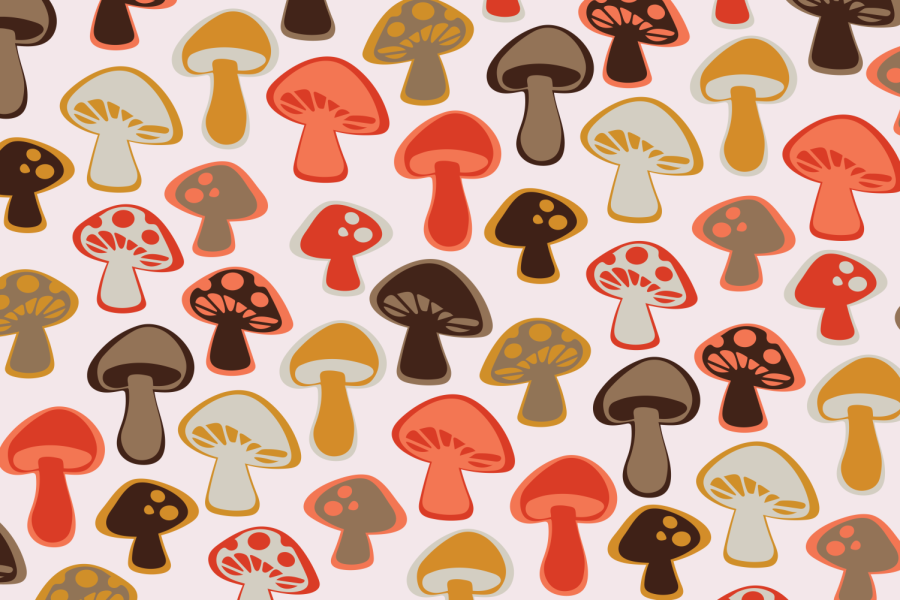
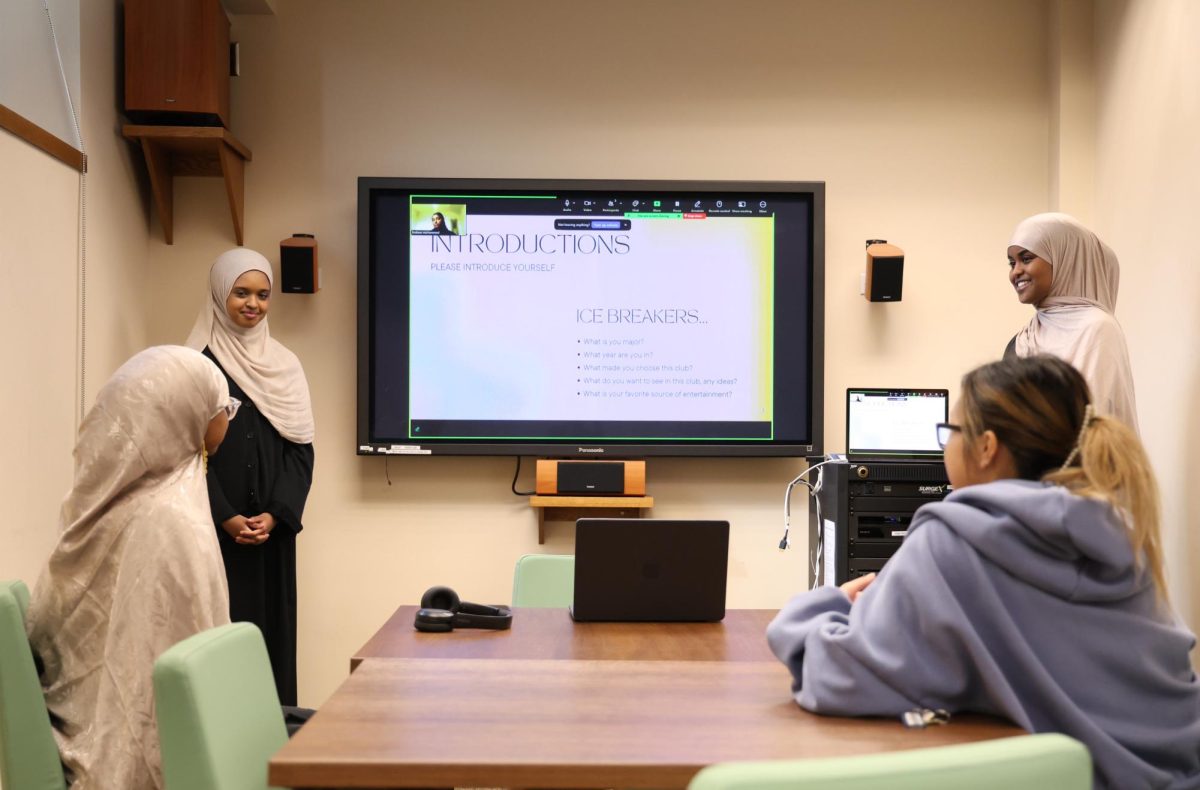
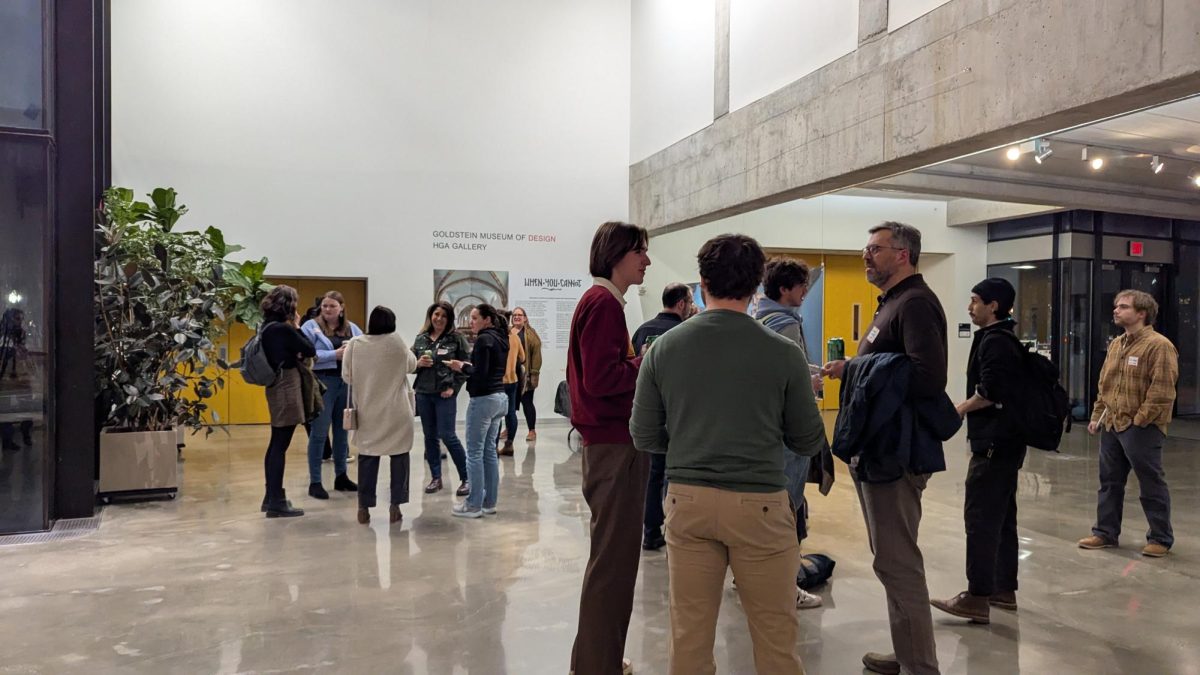
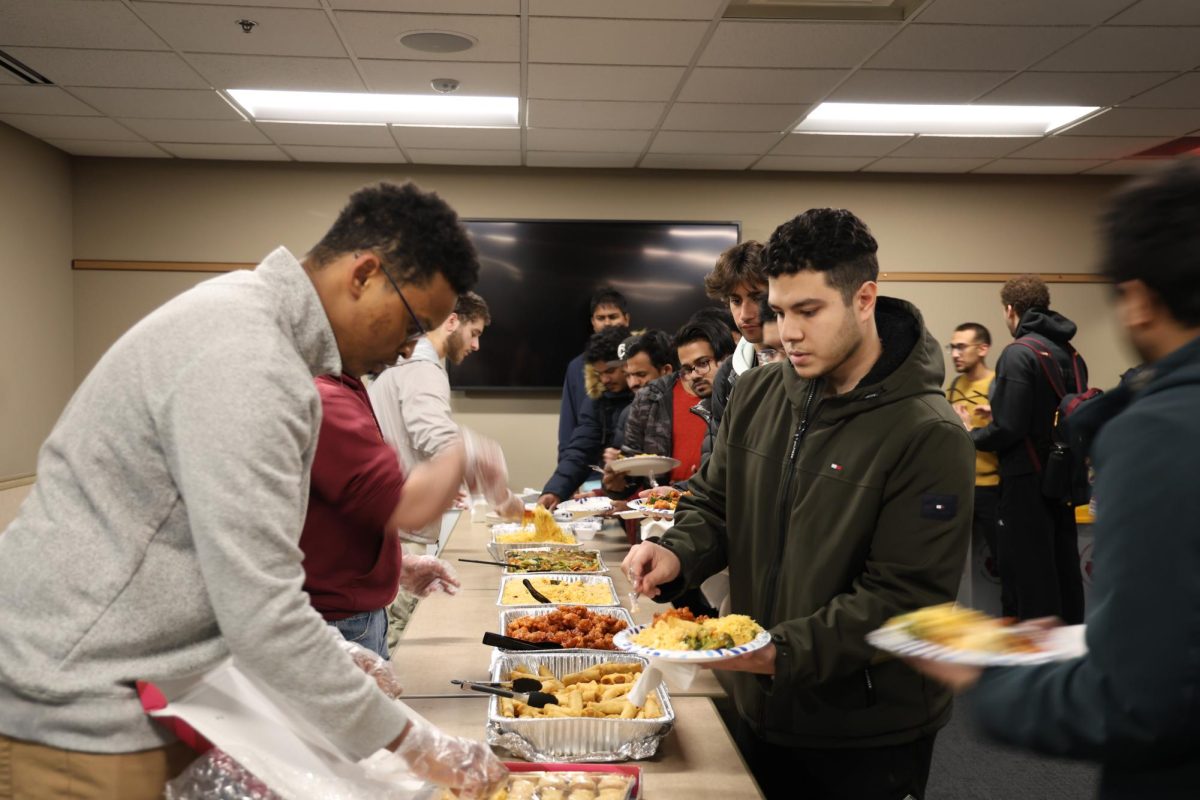

Crow
Apr 7, 2025 at 1:51 pm
Thank you for supporting us!! Y’all are the best.